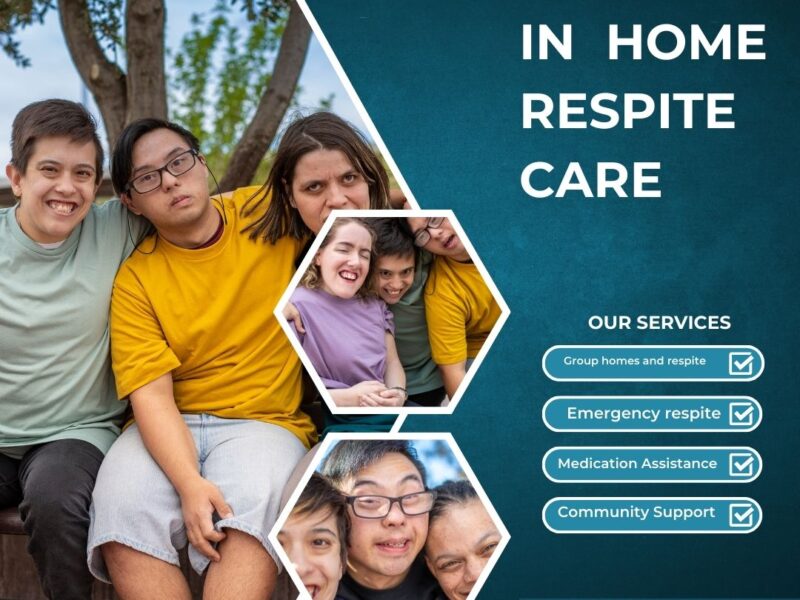20 Respite Care Resources Every Family Should Know

Respite care is a vital resource for families who care for loved ones with chronic conditions, disabilities, or aging-related health concerns. In-home respite care, in particular, allows caregivers to take a break from their demanding role without having to leave home. For those seeking support, there are numerous resources available to help them manage caregiving responsibilities and maintain their well-being. Here are 20 essential respite care resources every family should know about:
National Respite Network & Resource Center (NRNRC): Provides an extensive database of respite care services and tools to locate support within communities.
Family Caregiver Alliance: Offers a wide range of resources, including respite care options and educational materials.
AARP Caregiving Resources: AARP provides articles, guides, and tips for family caregivers, including access to in-home respite care options.
Area Agencies on Aging (AAA): These local agencies often offer respite programs for seniors and their families, with a focus on in-home services.
Medicare & Medicaid: These government programs sometimes provide funding for in-home respite care, particularly for those with specific health conditions.
Alzheimer’s Association: Offers resources on respite care specifically for families caring for loved ones with Alzheimer’s and other dementias.
National Family Caregiver Support Program: This program helps caregivers access in-home respite care and financial assistance for caregiving costs.
Veterans Affairs Caregiver Support: Provides resources for caregivers of veterans, including respite services tailored to their needs.
Local Senior Centers: Many senior centers offer information and access to in-home respite care programs for caregivers of elderly individuals.
Hospice Care Programs: Hospice care services often include respite care for caregivers of terminally ill patients, allowing families a much-needed break.
Caregiver Action Network: Offers resources, including respite care information, for family caregivers of all types.
The Arc: Provides advocacy and resources for individuals with intellectual and developmental disabilities, including in-home respite care.
State Caregiver Resource Centers: Many states have dedicated caregiver resource centers that offer information on accessing in-home respite care and support services.
Respite Care Grants: Some organizations provide grants to cover respite care costs, helping families access necessary relief.
Online Caregiver Communities: Online platforms can connect caregivers with others facing similar challenges, offering advice and respite care resources.
Churches and Religious Organizations: Some religious communities offer volunteer-based respite care to families in need.
Public Health Departments: Local public health departments often coordinate respite care services for families, particularly those caring for individuals with disabilities.
National Institute on Aging: Provides caregiver education, including how to arrange in-home respite care for aging family members.
Respite Care Coalitions: Local coalitions are often dedicated to raising awareness of respite care services and connecting families to resources.
Local Nonprofits: Many nonprofit organizations offer respite care funding or connect families to in-home respite care providers.
These 20 resources provide crucial support for families who need a break from the challenges of caregiving. Whether through government programs, local agencies, or nonprofit organizations, in-home respite care options help reduce the burden and allow families to focus on their own health and well-being.
Learn More: https://www.phomecare.com.au/2024/03/19/respite-care-in-sydney/
